Category: genetics
A Public Health Genomic State-by-State Clickable Map: Accelerating Implementation of Genomics Applications to Improve Population Health

In recent years, public health programs in several states have used innovative approaches to implement evidence-based genomic testing recommendations in an effort to improve health outcomes for people at increased hereditary risk for breast, ovarian, colorectal and other cancers. For example, the Michigan Department of Community Health [PDF 1.04 MB] has partnered with payers in Read More >
Posted on by 1 CommentNew Products from the EGAPP Working Group: Further Development of Evidence Review Methodology and More Recommendations in Genomic Medicine
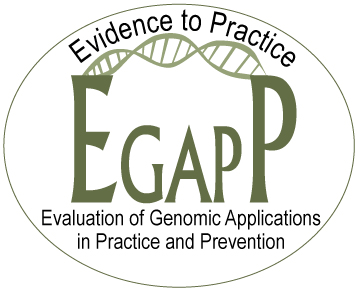
The independent EGAPP working group (EWG) held its 27th meeting on May 13-14, 2013 via a virtual online venue. The EWG has been very active since the last meeting. Highlights included: The EWG has four new publications since the last meeting: Recommendations from the EGAPP Working Group: does genomic profiling to assess type 2 diabetes Read More >
Posted on byGenomes at CDC: Man, Mouse, and Microbe—it’s a Genomic World

The proposed Advanced Molecular Detection initiative aims to help CDC apply molecular sequencing and bioinformatics techniques to solving outbreaks and controlling infectious diseases. This approach has been called “genomic epidemiology”—using pathogen genome sequences to detect emerging diseases, assess their potential virulence and resistance to antibiotics, and monitor their spread in populations. The focus is on Read More >
Posted on byImplementing Evidence-based Genomics Recommendations at the Intersection of Public Health and Healthcare

We take the opportunity of March 22, 2013, designated as Lynch Syndrome Awareness Day by 13 U.S. state governors and counting, to highlight state public health genomics programs that are taking innovative approaches to implement evidence-based genomic testing recommendations for hereditary cancer syndromes, including Lynch syndrome. Read More >
Posted on byAccelerating the Development of Evidence Reviews and Recommendations in Genomic Medicine

The independent EGAPP working group (EWG) held its 26th meeting on February 11-12, 2013 at the CDC campus in Atlanta. Highlights included: Three EWG recommendation statements on the validity and utility of genetic tests are pending publication on: KRAS, BRAF and other markers involved in EGFR signaling, which are used to inform choice of therapies for Read More >
Posted on byWhat’s the Connection Between Polio Eradication and Primary Immunodeficiency?
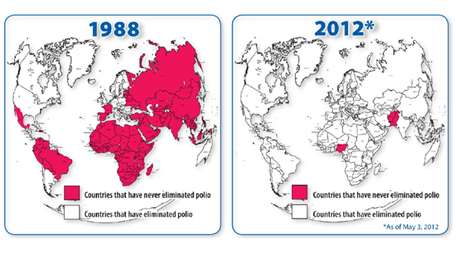
A Public Health Role for Human Genetics Two non-profit foundations with distinct missions recently announced that they are joining forces to support polio eradication. The Bill & Melinda Gates Foundation (BMGF) supports global health programs; the Jeffrey Modell Foundation (JMF) advocates for early diagnosis and treatment of genetic immunodeficiency disorders. How did these organizations find common Read More >
Posted on byPublic Health Genomics: 15 Years On
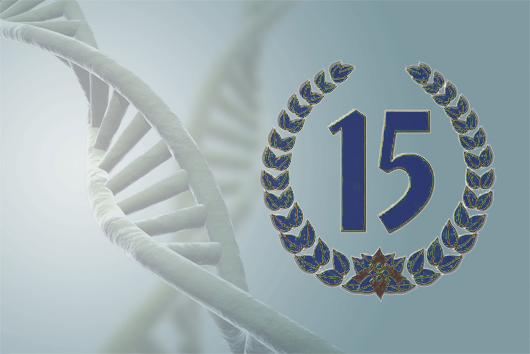
In 2012, the United States and the United Kingdom marked 15 years of public health genomics, a multidisciplinary field that deals with the effective and responsible translation of genome-based science to improve population health. Fifteen years ago, a new era of personalized healthcare and disease prevention seemed only around the corner. However, the promise of Read More >
Posted on byNew Strategies For Public Health Genomics Beyond Newborn Screening
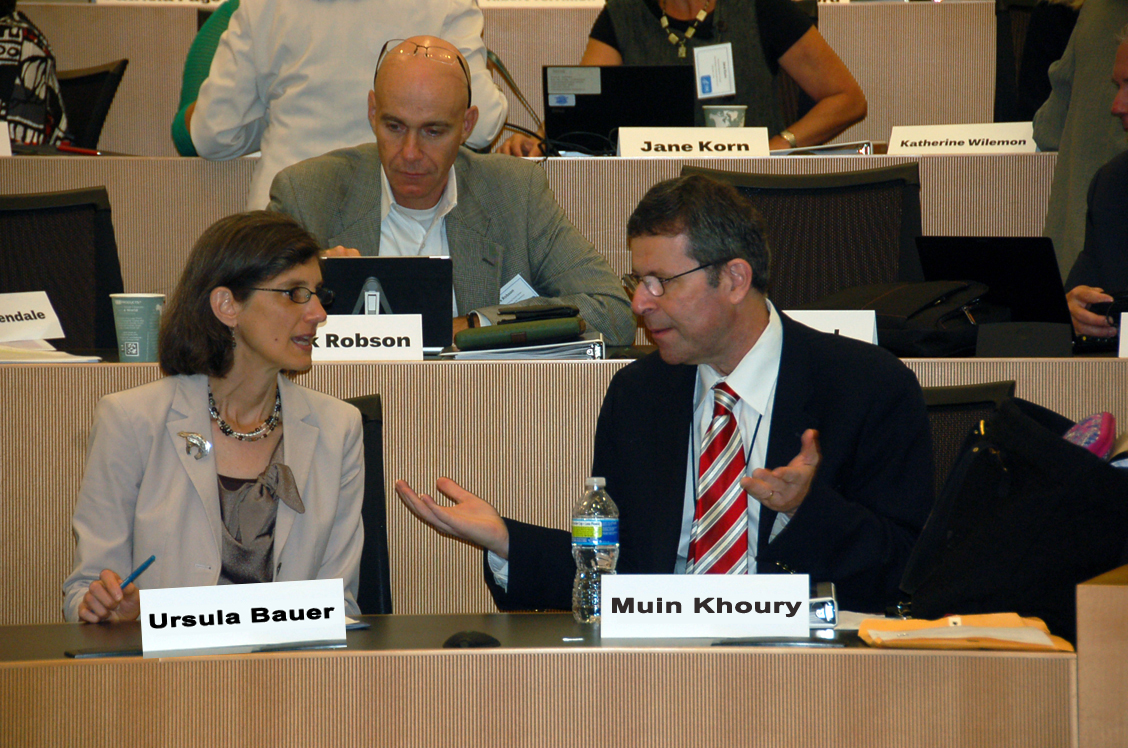
A Working Meeting and an Action Plan to Save Lives Now Nearly 2 million Americans are affected by one of three genetic conditions with a strong risk of early morbidity and mortality: BRCA 1/2 and hereditary breast and ovarian cancer; Lynch syndrome and colorectal , endometrial and ovarian cancer; and familial hypercholesterolemia and early cardiovascular events. At Read More >
Posted on by 2 CommentsEvidence Matters in Genomic Medicine—Round 3: Integrating Family Health History into Clinical Preventive Services
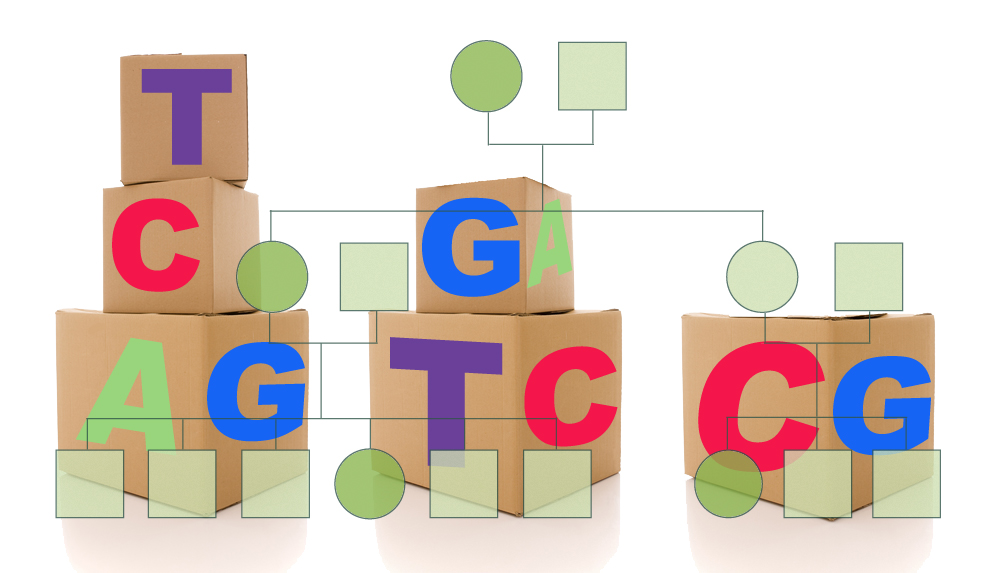
A new podcast from the CDC Expert Commentary Series on Medscape—Family Health History: Use It to Inform Preventive Services for Your Patients— describes how family health history can inform the delivery of preventive health services. The podcast presents three case studies based on recommendations of the US Preventive Services Task Force (USPSTF): screening for lipid Read More >
Posted on byMore Workings of an Evidence-Based Genomic Panel: Modernizing the Evidence Review Process
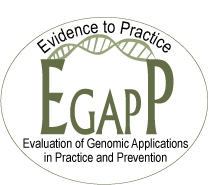
The independent EGAPP working group (EWG) held its 25th meeting on September 10-11, 2012 at the CDC campus in Atlanta. Highlights included: Three EWG recommendation statements on the validity and utility of genetic tests are pending publication on: KRAS, BRAF and other markers involved in EGFR signaling, which are used to inform choice of therapies for Read More >
Posted on by

